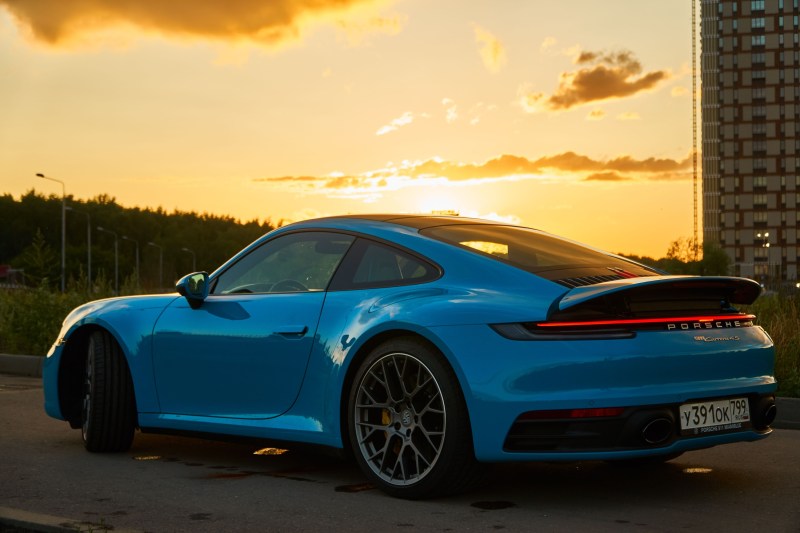
Porsche became known as Porsche thanks to its iconic 911 sports car. Although the 911 is a classic in the brand’s arsenal, it is no stranger to change. The Porsche 911 is about to experience its most remarkable change to date, possibly even more significant than hopping on the water-cooled bandwagon.
According to sources, the Porsche 911 992-generation model is set to receive a refresh. This refresh is part of Porsche’s move toward cleaner energy vehicles, and as such, the sports car icon is set to begin using a hybrid powertrain in the near future.
This update comes after Porsche CEO Oliver Blume confirmed with CAR magazine towards the end of 2022 that the Porsche 911 would undergo a substantial sporty hybridization. Since this announcement, copious rumors about the car’s details have been circulating, but what is fact from fiction? Read on to learn more about the Porsche 911 Hybrid and what we have uncovered so far!
The new Porsche 911 Hybrid will not be included as a PHEV

Following a Car magazine report last December, it believed that the Porsche hybrid 992.2 model will, albeit shockingly, not be included as a plug-in hybrid electric vehicle like the brand’s other electric and gas models.
Instead, the report states that the new Porsche 911 Hybrid will consist of a 400-volt architecture, an electric vehicle motor capable of generating 80 to 90 horsepower, and a 2.0-liter kWh battery pack, with the entire system partly developed by Rimac.
It’s also believed that the new hybrid Porsche system will utilize a specific Porsche 911 Carrera version—the Carrera S’s flat-six 3-liter twin-turbo engine. This engine will provide a total joint system power yield of roughly 475 horsepower and nearly similar torque.
Moreover, this 911 Hybrid engine will be joined to only the vehicle’s rear axle. This means the car’s electric motor power will likely function as an all-wheel drive, and it is alleged that it will feature an automatic dual-clutch gearbox. Exciting stuff.
What will the first Porsche 911 Hybrid be named?

The question of what the first Porsche 911 Hybrid will be named is hotly debated because Porsche has not disclosed any details yet. However, fortunately, the brand is quite religious regarding its nomenclature conventions. The all-wheel-drive and hybrid powertrain presence makes it likely that the vehicle will be referred to as the Porsche 911 Carrera 4 E-Hybrid.
With that said, however, the name is not guaranteed. The term “E-Hybrid” has typically been kept aside for plug-in hybrid electric vehicles (PHEV), which, as stated, is not what the new Porsche model is expected to be.
In addition, because of the model’s revamp and extra power, Porsche’s automaker could choose a loftier designation like GTS or S for the model’s name, but time will tell.
There aren’t any plans for an all-electric Porsche 911 until 2030

According to a report from Autocar, we’ll see the first Porsche 911 hybrid this summer. But what about an all-electric version?
Sadly, there aren’t any plans for an all-electric Porsche 911 until 2030. Blume told Autoblog, “For this decade, I’m very clear: the 911 will be a combustion-engined car.”
Although unfortunate, it’s not a huge shock to auto enthusiasts as many brands are pushing their all-electric model productions to the later parts of the 2020s and 2030s.



